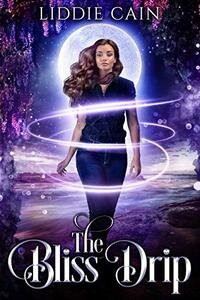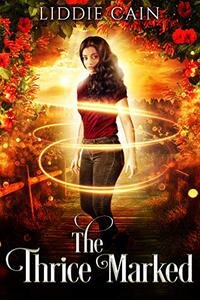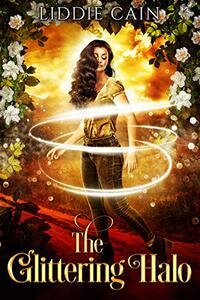ALINA STEFANESCU: I want to start with your time in the South, with your childhood and the spaces that raised you. Tell us about Angela Jackson-Brown's Alabama--it's hidden places, it's hearths, it's favorite flowers, it's music, it's traditions, it's kin.
ANGELA JACKSON-BROWN: Growing up a little “Negro girl” in rural Alabama, I always felt the sense of community in the little town that I grew up in -- Ariton, Alabama. There, I was surrounded by family and friends who loved and nurtured me, and saw no limitations for me, even when society may have seen otherwise. In 1973, my daddy tried to enroll me in the local kindergarten. At the time, the kindergarten wasn’t part of the public school system; it was private, and the person who taught it said to our faces, “I don’t teach Negroes.” I was only about five years old at the time, but instantly I understood that I was different from the white children who went to that private kindergarten. From that woman’s words, I instantly picked up on the fact that I wasn’t always going to be as loved by the world as I was by my daddy, his family, and other members of the Black community.
Thankfully, I was blessed with a daddy who never believed in making excuses and who spent the rest of his life telling me my black was beautiful and my mind was brilliant. So even though I didn’t get the opportunity to attend kindergarten, I did learn a lot that year leading up to first grade thanks to public television. My preschool and kindergarten teachers were characters on shows like Sesame Street, Captain Kangaroo, Mr. Rogers, and Electric Company, not to mention my daddy who surrounded me with books from an early age. Somehow, this man who had to quit school at the age of 15 to help sharecrop with his family, understood the importance of reading and writing. By the time I made it to first grade, I was reading on a third grade level, out-performing many of those children who attended that segregated kindergarten.
Stories came to me before I even knew how to form words on paper. I loved the little books on my bookshelf, and somehow, I understood stories had power. They had the power to transport a little “Negro” girl from rural Alabama into far away lands. So when I started making up little stories of my own, long before I could even write words, daddy would proclaim to anyone who would listen, “My little girl is going to be a writer some day.” Daddy planted that seed early, and although he never lived to see the harvest, I wouldn’t be a writer today, had he not sowed seeds of hope and belief into me before I could hold a pencil correctly.
My Alabama was made up of summer barbecues; playing games outside with my cousins; seeing up close and personal some of the Tuskegee Airmen who I thought were just a bunch of chatty old men visiting my retired, Navy daddy, but who were, in fact, walking history books; sitting outside underneath the altar of Alabama skies, pecan trees, and starry nights as my daddy and his brothers told tall tales that I probably had no business hearing, but still they resonated in my spirit, activating the storyteller within me. My Alabama was growing up on a street that was integrated by virtue of the size of our little town. There was no suburbs; no “off-limit” streets to Negroes. No, we all lived amongst each other and somehow figured out how to negotiate our way through systemic racism that permeated the nation. Racism happened in Ariton, but love and community also happened there too. I played in the yard of my best friend Michele, a beautiful, young white girl who never thought twice about being my best friend. We saw color, but it didn’t stop us from loving each other like sisters. We were both happy to have a friend who kept secrets good and who had wide open spaces to play in.
My Alabama prepared me to believe, like Alice Walker stated, “activism is the rent I pay for being on this planet.” When I was a child, too young to write words, I helped my daddy stuff envelopes for the NAACP. I went with him in the community when he was campaigning for various state and local candidates. I listened intently when he described his first time voting and having to walk through a double line of white men from the community holding rifles to intimidate the Black voters.
My Alabama taught me that a simple phrase like “Bless Your Heart” could both be a curse or a blessing to the hearer. My Alabama taught me that no matter where in the world I resided, I would always be an Alabama girl at heart. I am fast approaching the age where I can say I have lived more years out of Alabama than within but I still feel that state coursing through every word, every phrase and every sentence I write. I tell people I am an unapologetic southern writer. My characters might travel to New York City for a spell, but it won’t be long until boiled peanuts, kudzu, and the Alabama/Auburn game calls them back home.
AS: “My Alabama” feels like the anaphora in a poem—and it is beautiful—and I want to thank you for that lyrical moment in the space of an interview which reveals why some writers (particularly, you) absolutely cannot exist without writing, which is to say, bringing the image and music into the moment. In a recent feature interview, you mentioned the role that your own life plays in your fiction, and how Sylvia Butler's (the protagonist of your novel, Drinking From A Bitter Cup) experiences "mirrored" your own. Did you worry about setting it in your hometown of Ariton, Alabama? Were you concerned with how friends and family back at home might "read" it? I have always been concerned by the way my Southern-set fiction might be misread by those close to me, especially when the story being told challenges southern myths. How do you deal with the way in which writing lays bare and makes solid things things drawn from life?
AJB: There was a time in my life when I would not have written either Drinking From a Bitter Cup or House Repairs. As the young folks say,” I included receipts” in both of those books that trace directly back to people both living and dead. I did not sugar-coat the truth. But it took becoming a mature woman and a mature writer, to feel comfortable telling my truth and not being afraid of the fall-out. Of course, it helps that I live 714 miles from my hometown, but even if I still lived there, I was ready to “birth these babies.” My family and friends knew my backstory when I wrote those two books, so when they read about it in DFABC and HP, they were not surprised. A few people reached out to me and asked why I was telling these stories now, but they were in the minority. Most people supported me telling my truth. Truth really does set us all free.
The other thing that allowed me to feel free to tell these stories, was that my daddy had passed away. He was unaware of most of the abuse I experienced, so I never would have published these books if he had been alive, or at least, I wouldn’t have blindsided him. I would have revealed to him the things I was writing about. But as far as everyone else, I had no reservations about telling my truth. I also work hard to protect the innocent. I don’t name names in my books BUT the major players know who they are and if they want to come for me at this stage of our life, I am not afraid. Truth telling is what we need more of these days. Fear has allowed us to become apathetic. I refuse to live in fear and I refuse to keep my fictional characters in a place of fear. Even when their lives are traumatic, I work hard to always redeem their minds. I want their stories to end with hope. Not happily ever after, but definitely hope.
AS: I love that your poetry collection, House Repairs, was published by Negative Capability Press, an Alabama publisher that has been supporting poetry for years under the wing of a generous poet, educator, and writer named Sue Brannan Walker. It is intimate, raw, and fearless. Both you and Sue used poetry as a vehicle to explore the experience of adoption into verse form, and I feel as if that space is still undertrodden. Adoption is part of the fabric of life for so many persons, and yet it is rarely touched in poetry. A friend who was adopted once told me that she doesn't like to mention it because people tend to get nervous and quiet--she called it an "awkward-maker topic". I wonder if there is a taboo, a sort of wall of silence, that surrounds the discussion of adoption, and how your own experience speaks (or doesn't speak) to this.
AJB: I did not have a healthy relationship with my adopted mother. Ever. She never wanted to adopt a child. It was always my daddy who wanted...no...needed a child. He was meant to be a daddy. All of his nieces and nephews gravitated to him because he was always the “cool Uncle.” I had a few cousins who resented me when I came and took their spot with Daddy...LOL. In fact, Daddy was so determined to become a father, he said to his wife, after twenty-four years of marriage, either they would adopt a child or he was going to have to leave the marriage. She agreed, but she was never happy about it. I was abused by her -- physically and mentally. Mainly because I wasn’t her biological child, but also because she was never mentally healthy. Possibly due to her own abusive childhood and her inability to get pregnant. She made a special point of telling me at a very young age, before I was even in school, that I was adopted. And she said it in a way that let me know she felt adoption wasn’t a good way to get a child. My daddy, on the other hand, only saw me as his little girl. The word “adoption” never entered into a conversation between him and I. Ever. But, since this word “adoption” was part of my lexicon at a very young age, some of my first stories were about my birth mother. I didn’t know who she was, but in my stories, she always ALWAYS was on a search to find me. I imagined she was being held against her will by an evil tyrant but because of her love for me, she would find a way to escape and then she and my daddy, M.C. Jackson, would live “happily ever after” raising me and loving me unconditionally in my little stories.
Those stories sustained me. Kept me going at a time when a mother’s love was absent from my life and my daddy could only compensate for that so much. So, even when I became an adult, I still wrote stories about little girls and women grappling with the loss of their parents and the trials and triumphs of being raised by a parent who chose them (or not). Through writing I have been on a journey of self-discovery and healing. I don’t think I will ever not have “mommy issues.” I found my birth mother at the age of 32, and she and I formed a bond.. The bond wasn’t the same as it would have been had she raised me with her other children, but I am grateful for the 16 years she and I did get to have together before she passed away.
AS: Your poem, "I Must Not Breathe," speaks to Eric Garner's tragic murder at the hands of police officers. In the backstory for this poem, you mention music and how it readies the room or sets the tone of writing for you. What music informed your books, and did this vary by genre? What should we hear when reading each one?
AJB: Every story, every play, every poem I write, has some type of playlist attached to it. When I write, I often listen to music to take me to the era or time I am writing about. When I sat and watched the murder of Eric Garner, the only thing that brought me peace of mind was the gospel song by the late, great James Cleveland, “I Don’t Feel No Ways Tired.” That day, I was done. I thought, “I will never find words to show what I am feeling right now,” and then I thought about that song I remembered hearing play on the radio in my home growing up or sung at the church where I and my family attended. I realized that the very least I could do as a writer was to not grow weary and let my words attempt to capture the moment and perhaps bring clarity to some and comfort to others. Eric Garner lost his life that day. I had no space to claim weariness and that James Cleveland song reminded me of that fact, which led me to write, “I Must Not Breathe.”
When I wrote Drinking From a Bitter Cup, I listened to a lot of Motown, Gospel music, and Rock, particularly Pink Floyd, who my young protagonist loved. “Comfortably Numb” was one of the songs she listened to often in the book, and likewise, I tried to wrap my brain around this young, Black country girl and her passion for rock bands like Pink Floyd, Guns & Roses, The Rolling Stones, etc.
When I wrote my play “Still Singing Those Weary Blues,” I listened to Bessie, Sarah, Ella, and Dinah on repeat. The blues singer in my play was their contemporary, so I knew not only did I have to be knowledgeable of that era, my characters had to be too. She had to know their music and where her music fit within the genre and the time. And having that genre of music, jazz/blues playing as I wrote, allowed me to be transported to that time. I literally felt like I was time traveling every time I wrote when that music was playing.
I can’t imagine the writing process minus music. The two are so intrinsically connected in my mind. Right now, I am doing the edits for When Stars Rain Down and my soundtrack consists of The Carter Family, songs from the Methodist hymnal, and Sacred Harp. All of this music found its way into my novel. So just like the music grounds me, it also grounds my characters and it also grounds the reader.





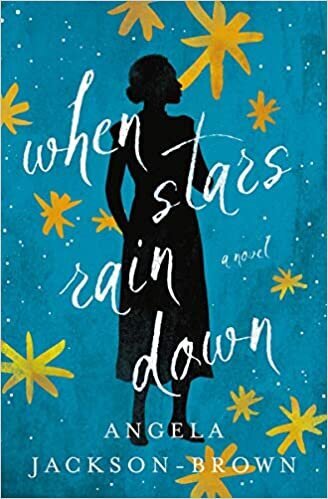
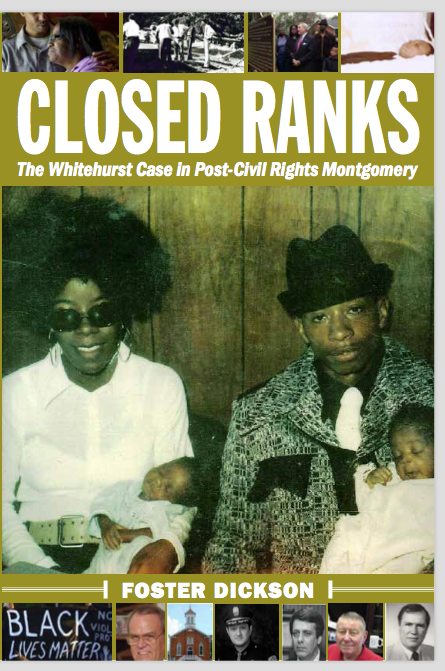

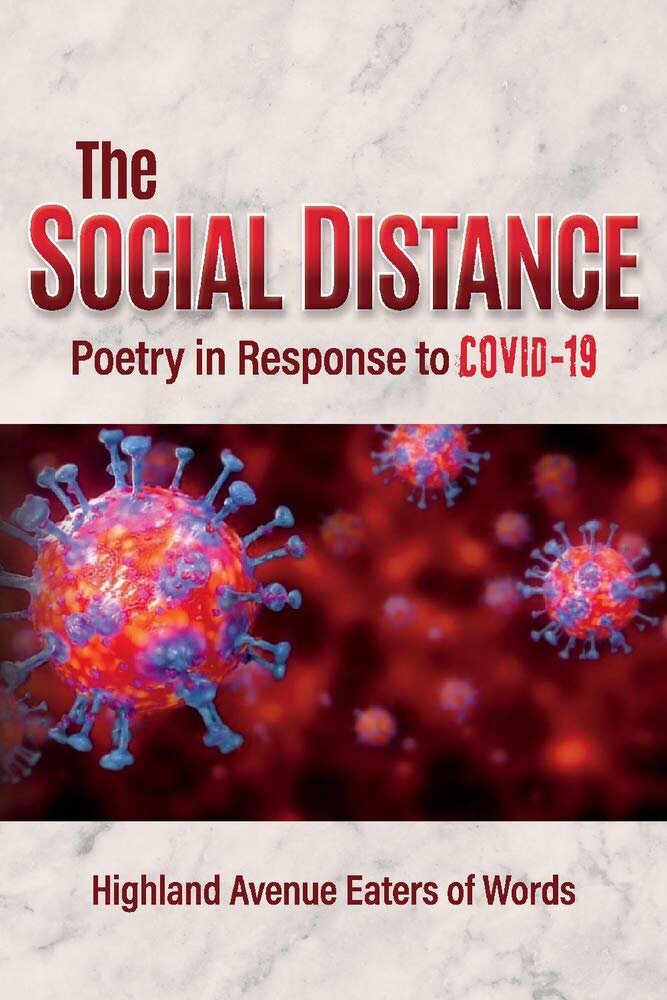
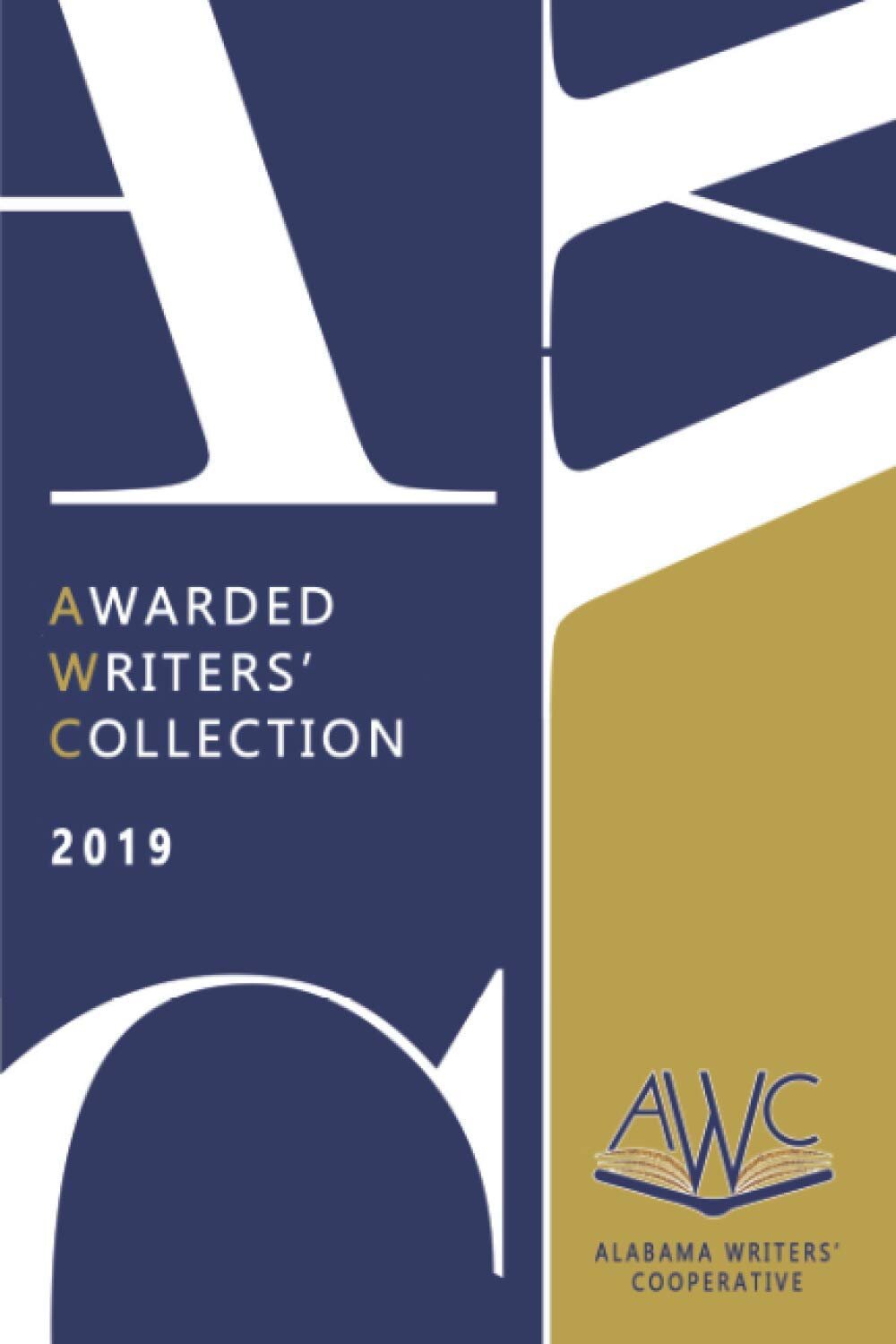
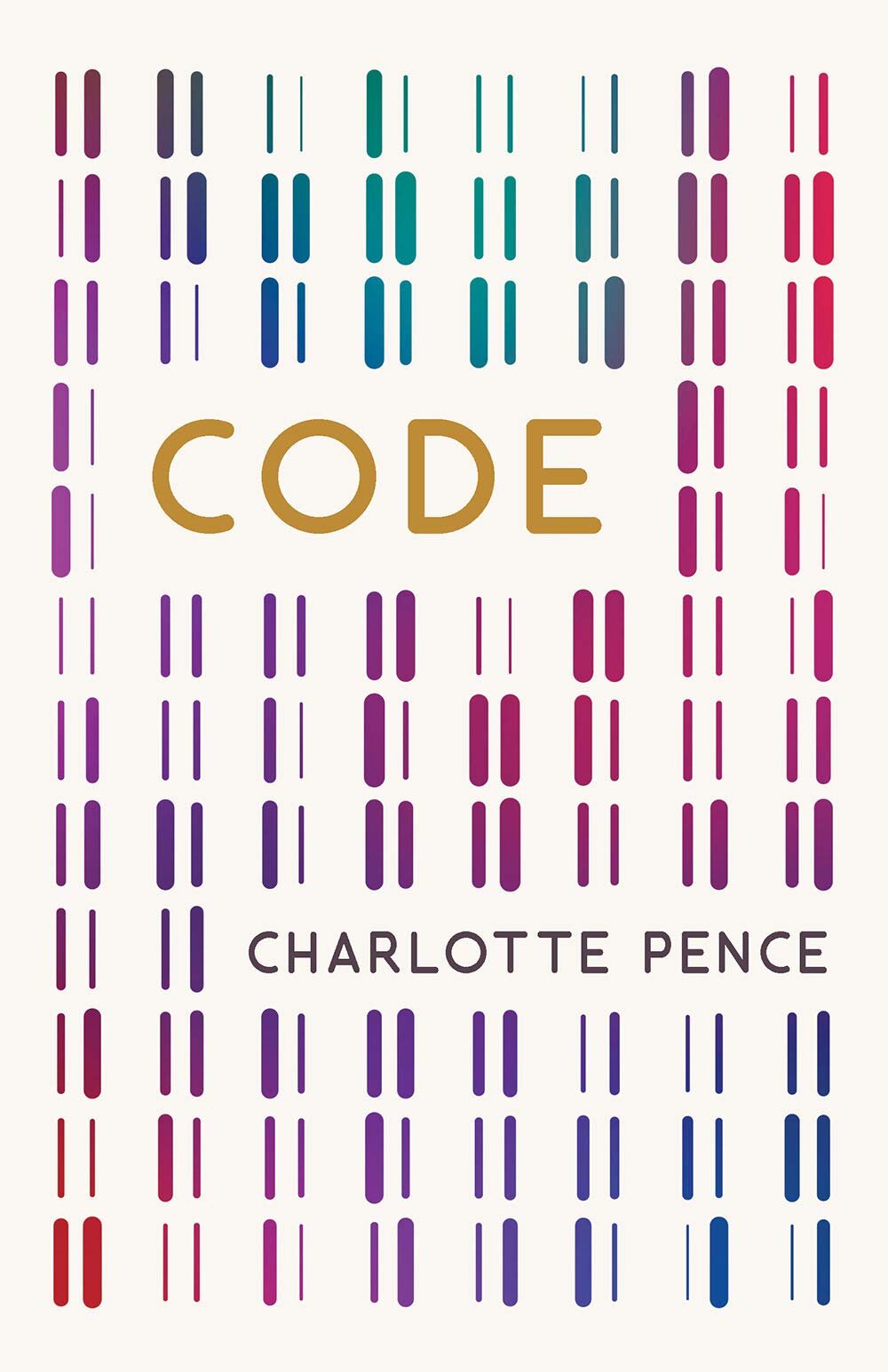
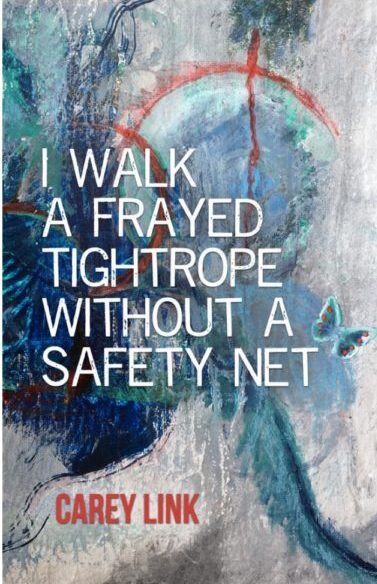
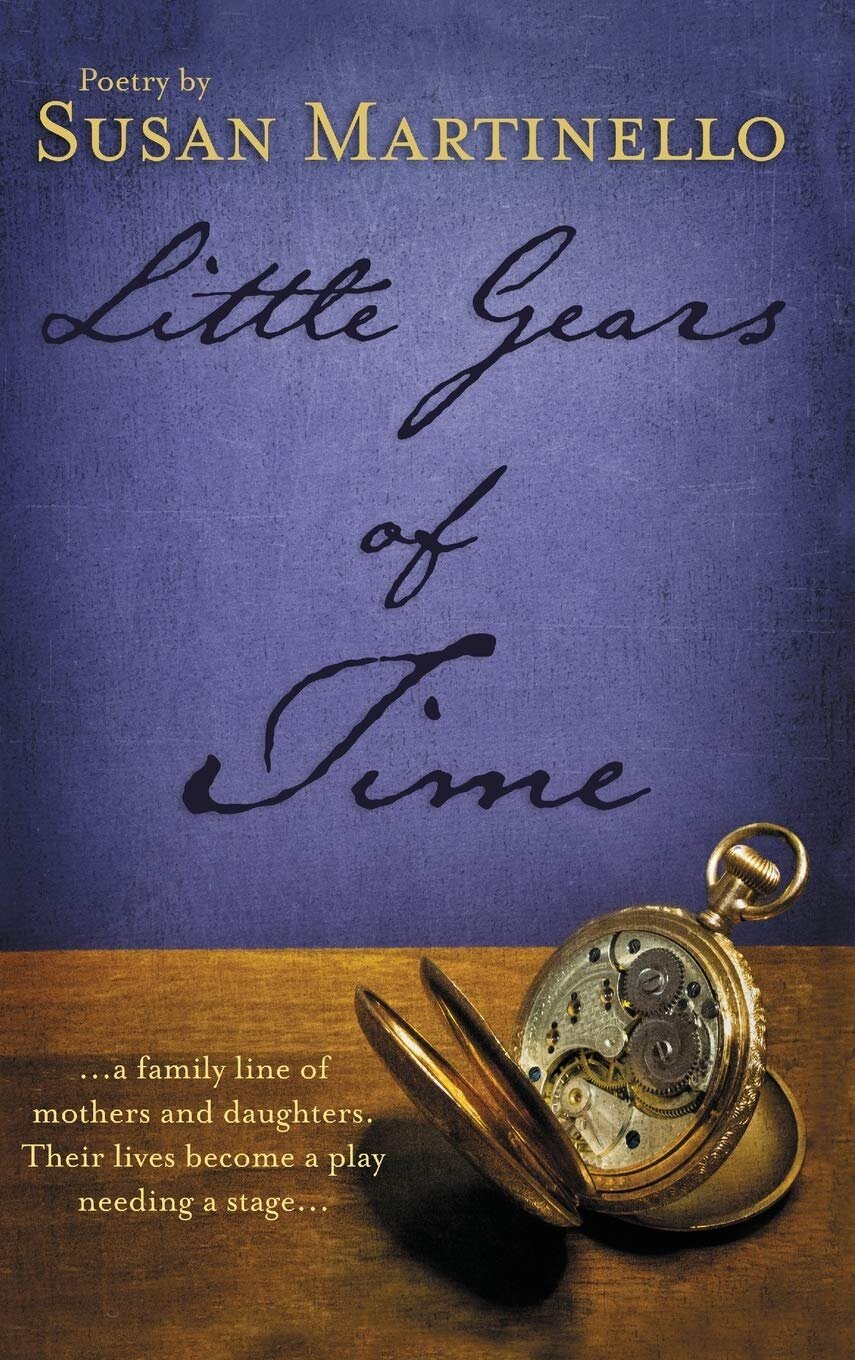
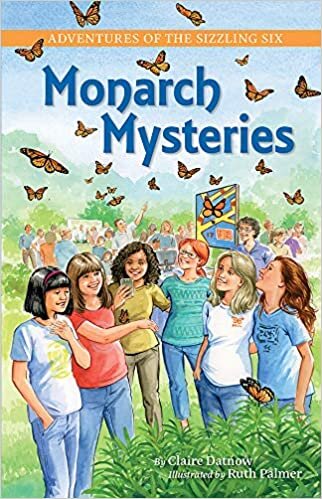
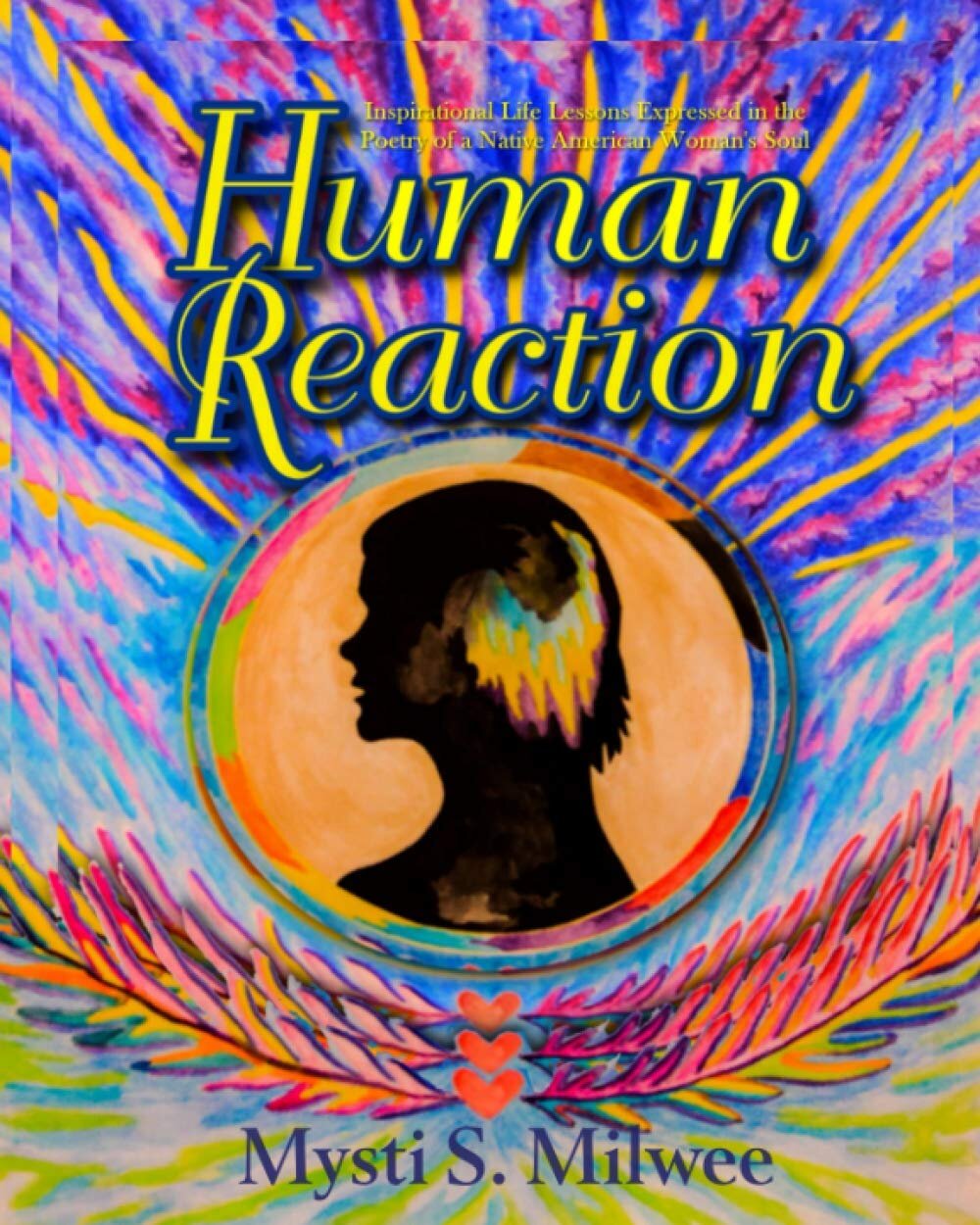
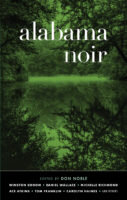
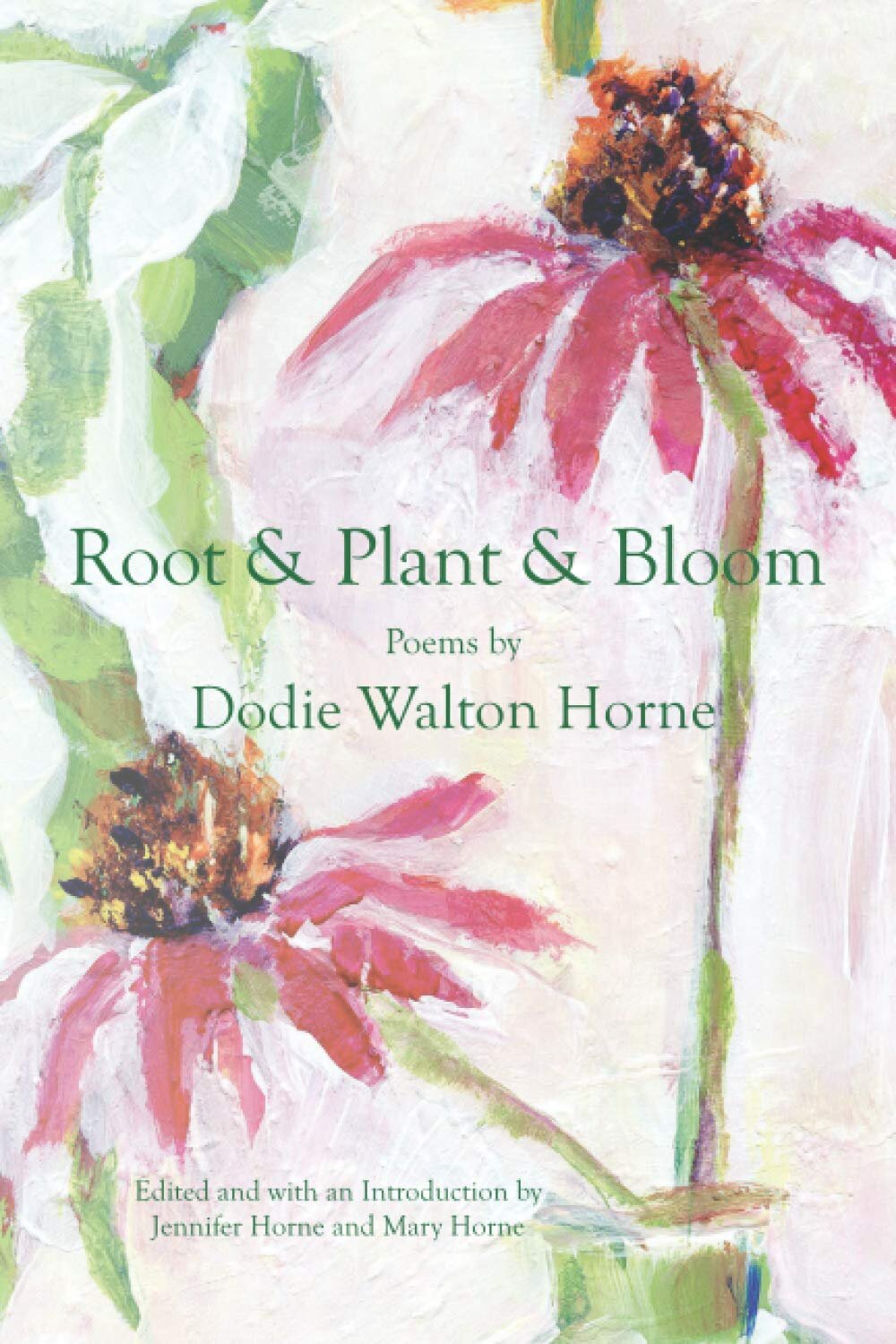
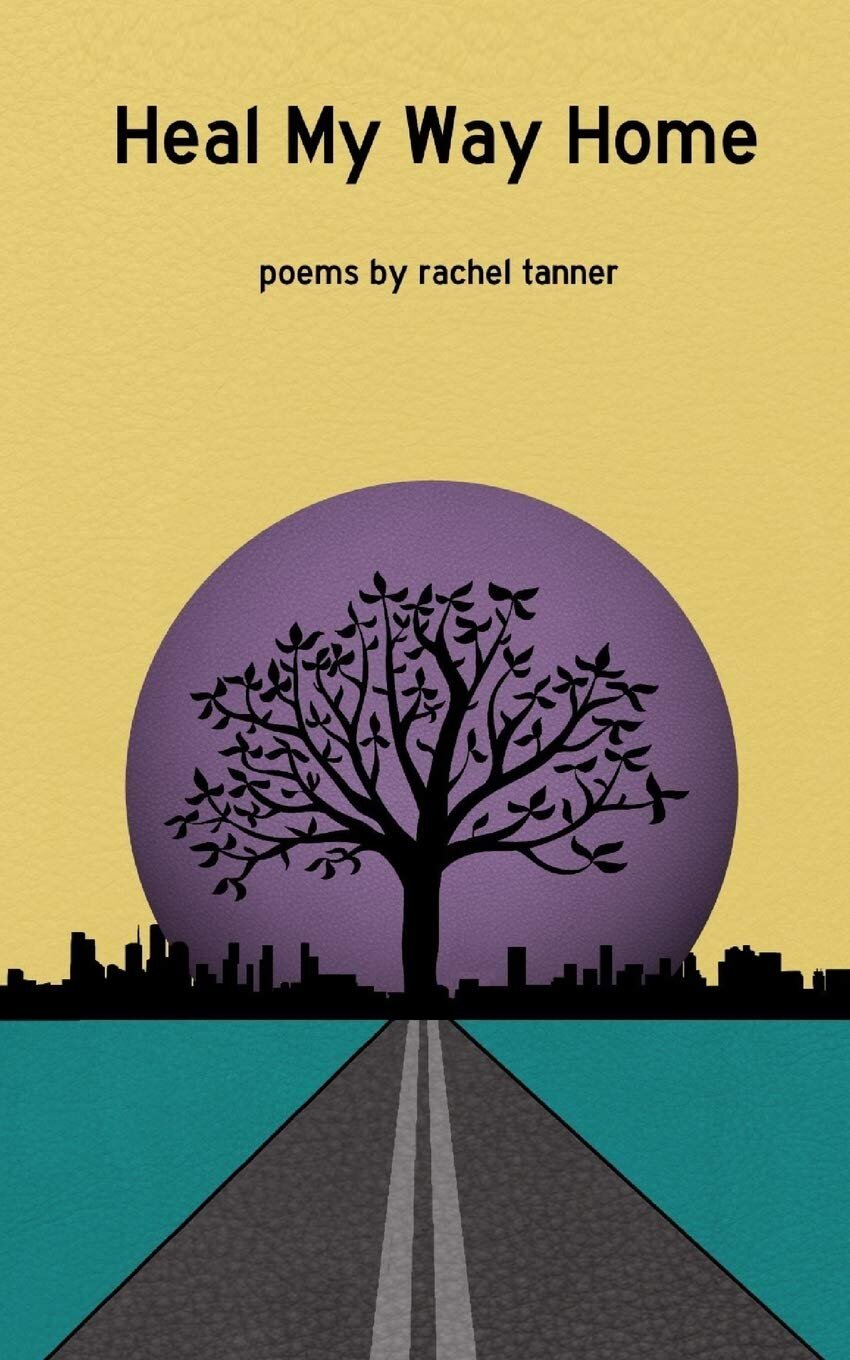
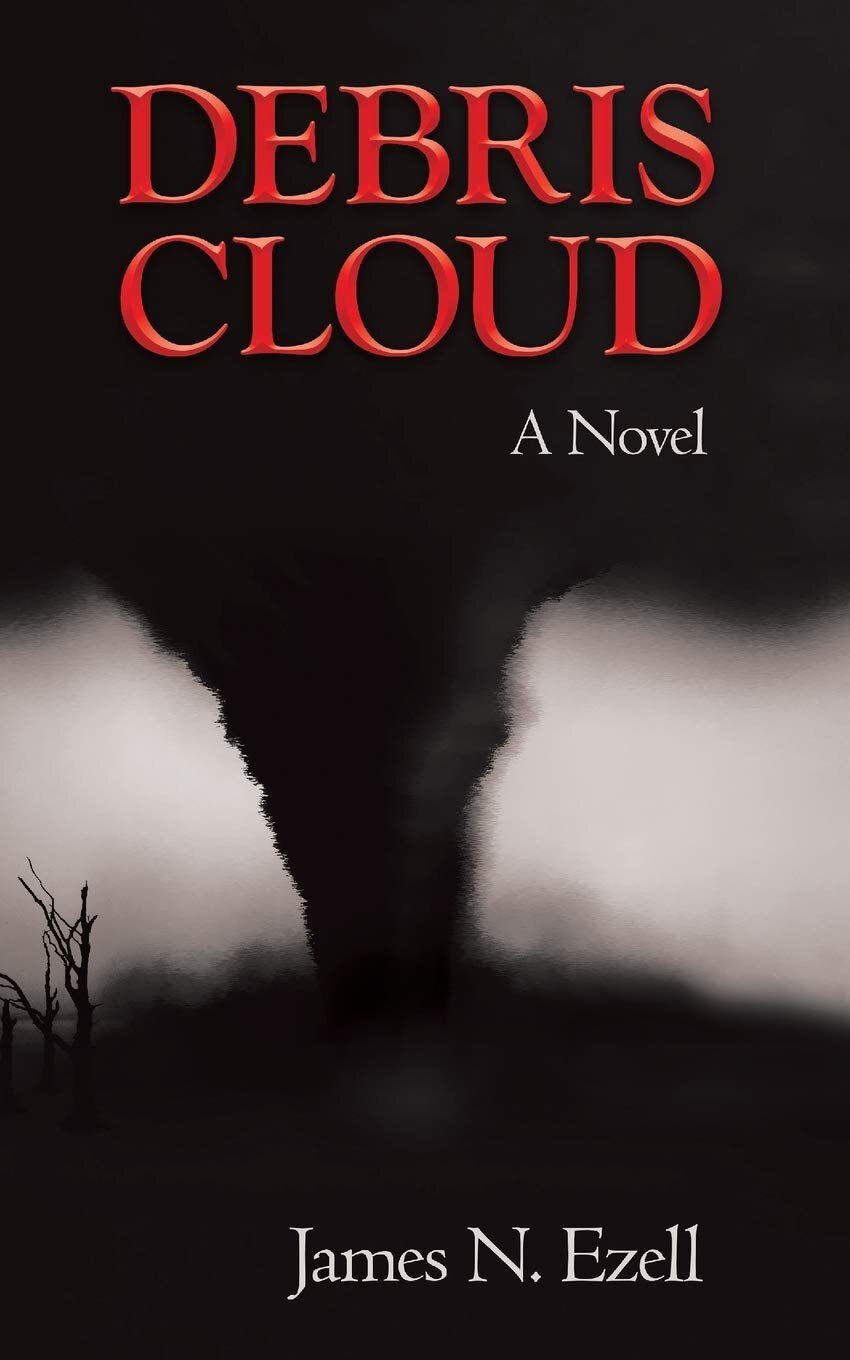
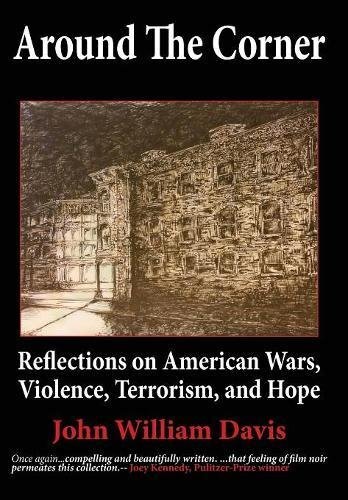
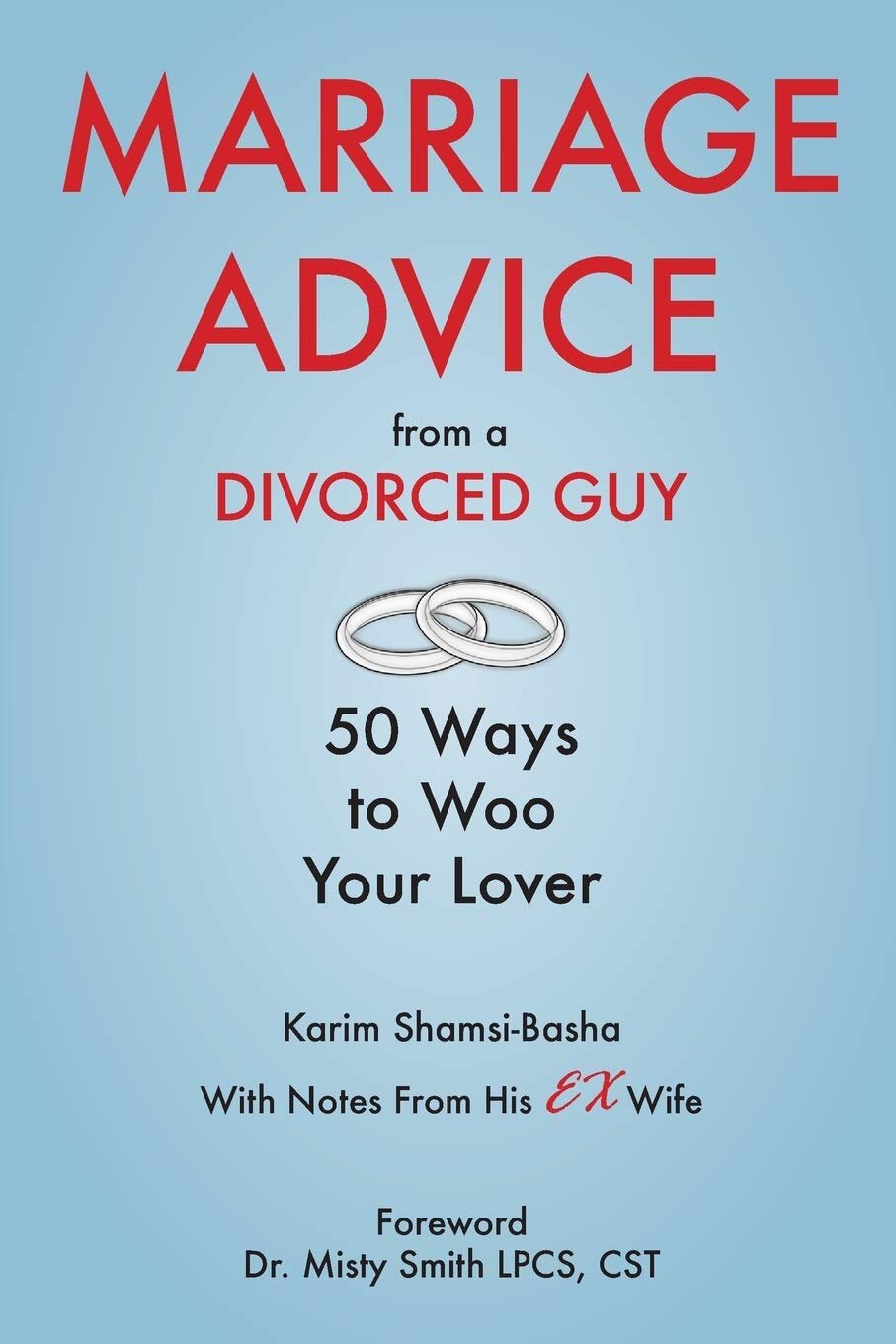
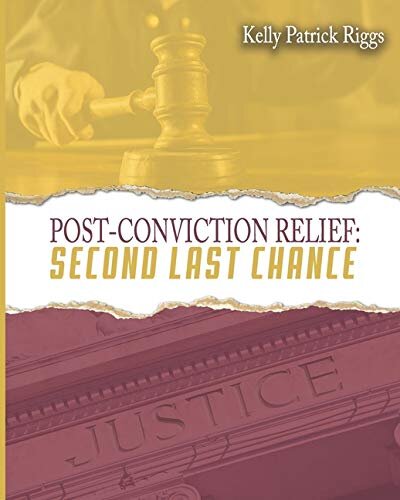
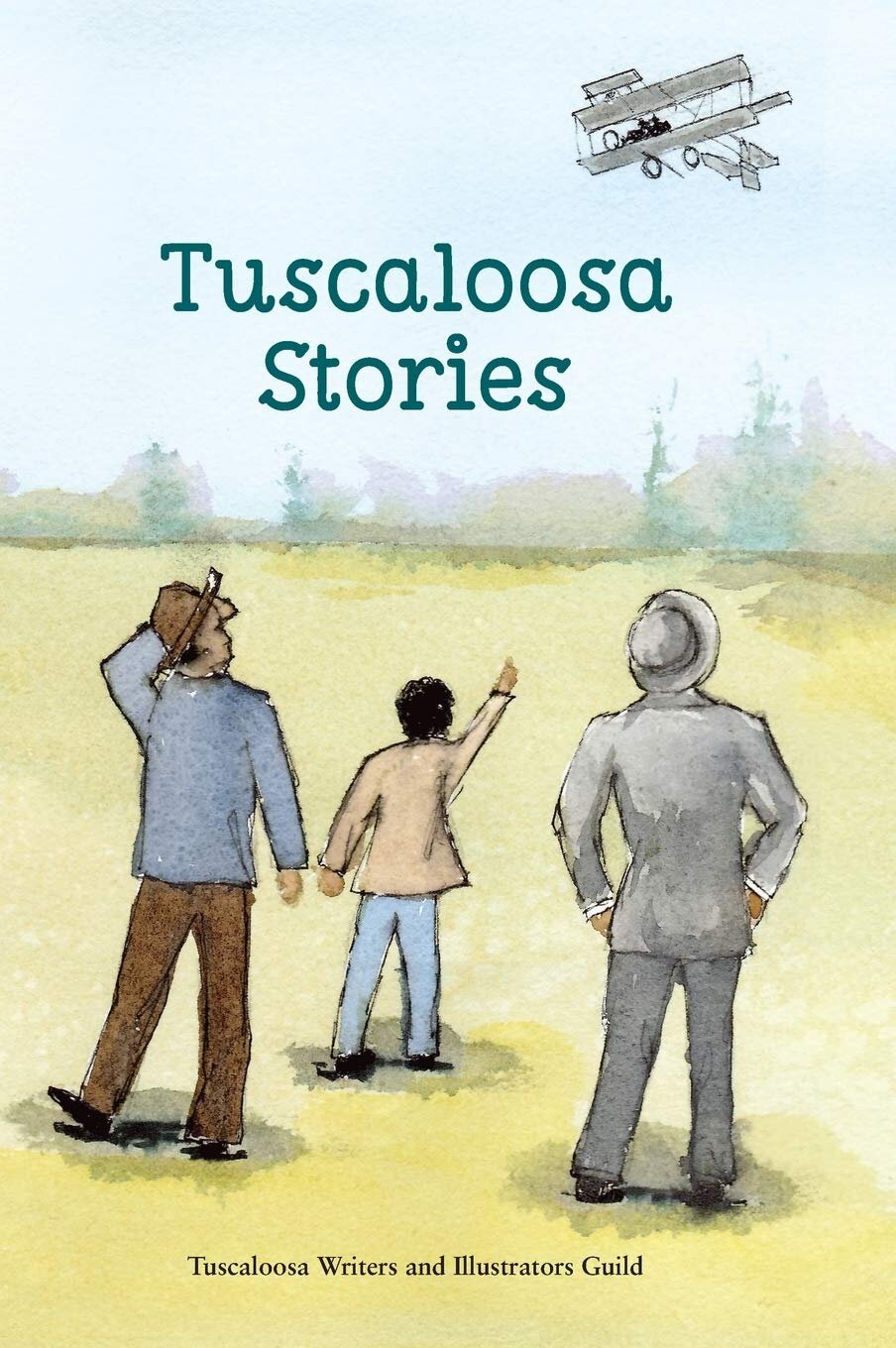
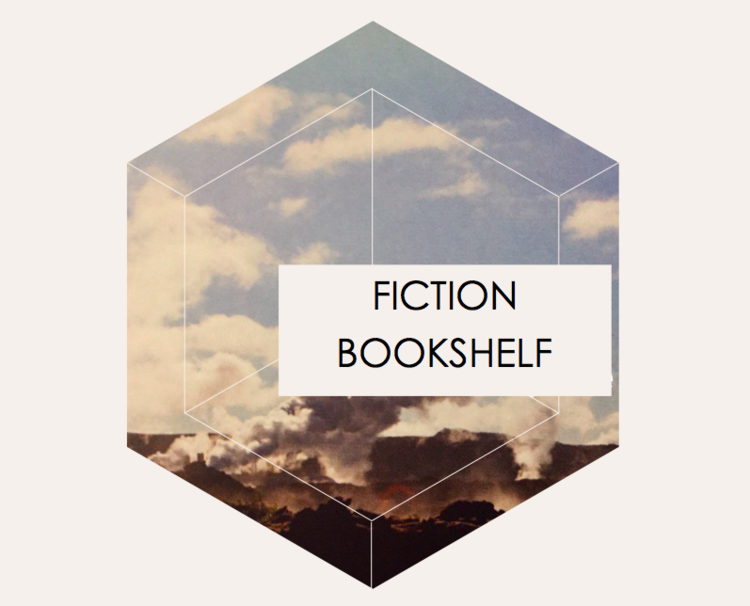
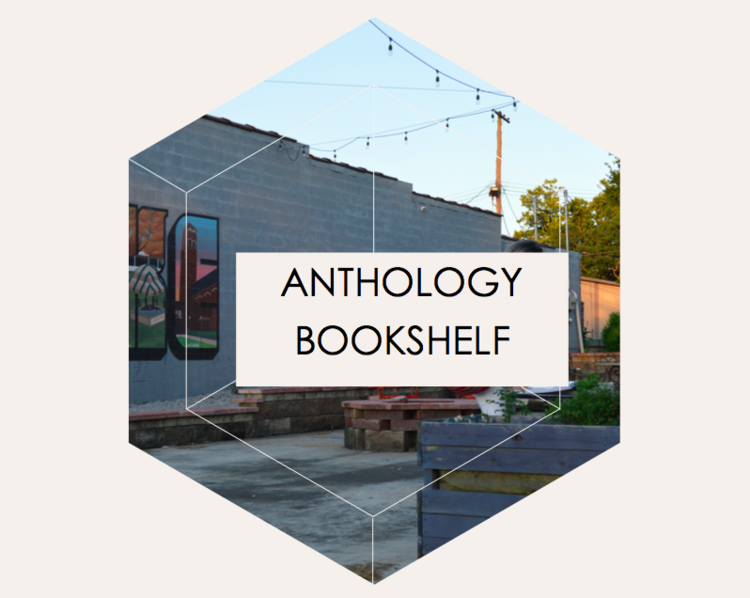
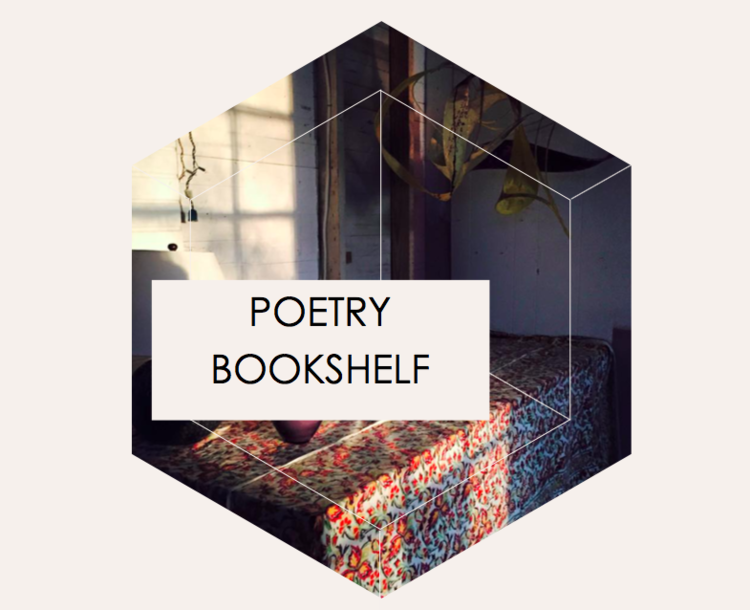
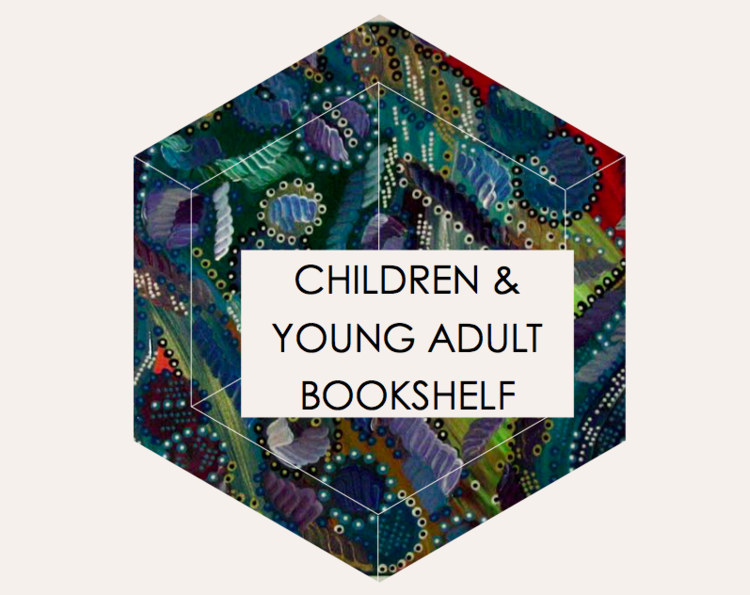
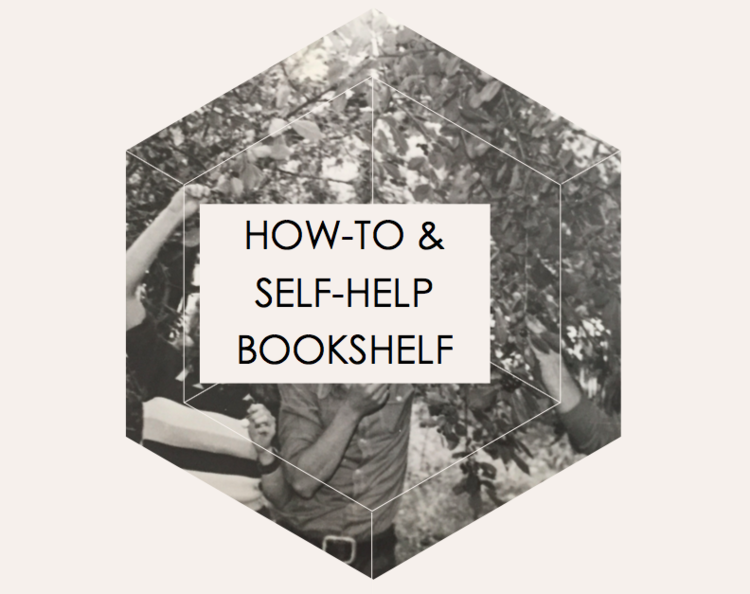
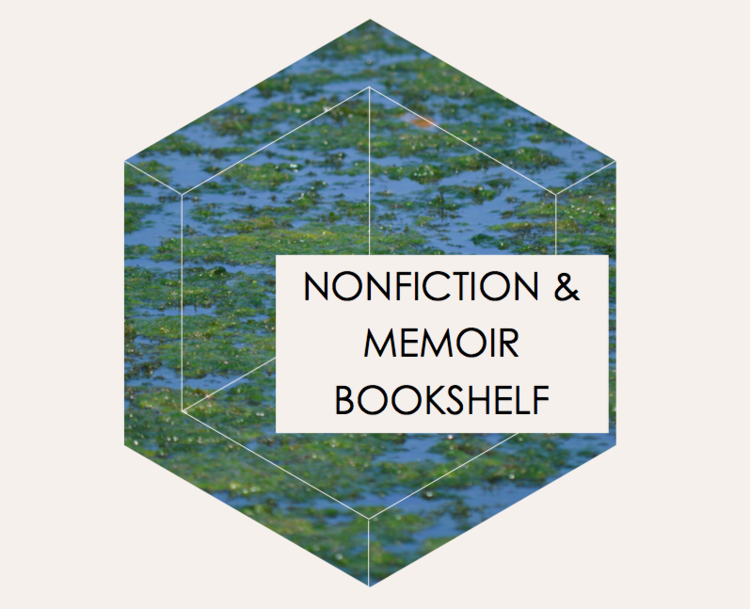











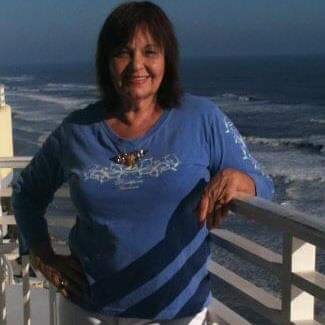
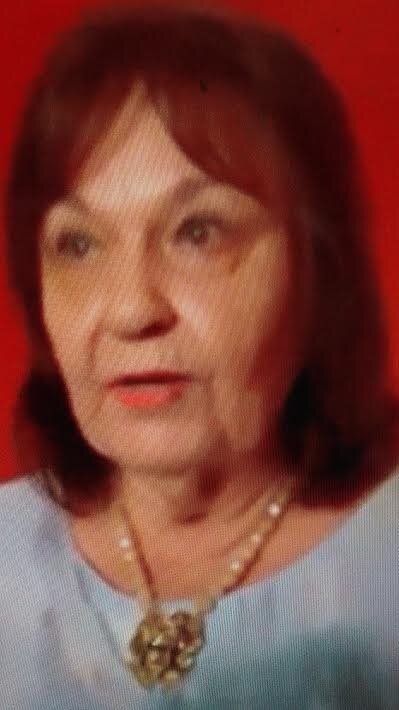

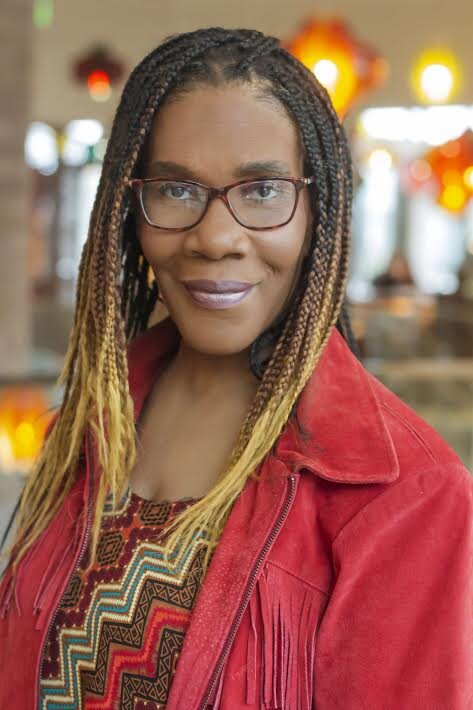
![Angela Jackson-Brown [Photo credit: Chandra Lynch, Ankh Productions]](https://images.squarespace-cdn.com/content/v1/58b5c621b3db2b8dfefc9e85/1596845620114-VF164FDLTMCTVJQW2QTV/0-7.jpeg)







